Buy Evertor : Everolimus 10 Mg Tablets Online
$183.04
Brand Name : Evertor
Composition : Everolimus
Manufactured by : Biocon Pharma Ltd.
Strength : 10 mg
Form : Tablets
Packing : Pack of 10 Tablets
Prescription Required *
Evertor (Everolimus) 10 Mg Tablets are a medication used to treat various types of cancer and prevent the growth of cancer cells in the body. This drug is classified as an immunosuppressant and is an inhibitor of the mammalian target of rapamycin (mTOR) pathway.
Composition:
The active ingredient in Evertor is everolimus. Each tablet contains 10 mg of everolimus. The inactive ingredients include lactose monohydrate, crospovidone, magnesium stearate, hypromellose, titanium dioxide, polyethylene glycol, and iron oxide yellow.
Uses:
Evertor is used to treat a variety of cancers, including renal cell carcinoma and neuroendocrine tumors. It is also used to prevent the rejection of organ transplants. Additionally, this medication can be used to treat certain non-cancerous conditions, like tuberous sclerosis complex (TSC) and lymphangioleiomyomatosis (LAM).
Usage and Dosage:
Evertor tablets are typically taken once a day, at the same time each day, with or without food. The dosage will vary depending on the condition being treated, the patient’s age, weight, and other factors. The recommended initial dose for adults is usually 10 mg per day.
Storage Conditions:
Evertor tablets should be stored at room temperature (between 20-25°C). They should be kept in the original packaging until they are ready to be taken. The medication should be kept out of reach of children.
Mechanism of Action:
Evertor works by inhibiting the activity of mTOR, which is a protein kinase that regulates cell growth, division, and survival. By suppressing the activity of this kinase, Evertor reduces the growth of cancer cells and prevents rejection of organ transplants.
Contraindications:
Evertor should not be used in patients who are allergic to everolimus or any of the other ingredients in the medication. It should also not be used in patients who are pregnant or breastfeeding.
Interactions:
Some medications may interact with Evertor, including other immunosuppressive drugs like cyclosporine and tacrolimus. Patients taking Evertor should talk to their healthcare provider before taking any other medications.
Side Effects:
Common side effects of Evertor may include mouth sores, diarrhea, nausea, vomiting, loss of appetite, weakness, headache, insomnia, and high blood sugar. Less common side effects may include infections, kidney problems, lung problems, and skin reactions. Patients experiencing severe side effects should contact their healthcare provider immediately.
Be the first to review “Buy Evertor : Everolimus 10 Mg Tablets Online” Cancel reply
Related products
Anti Cancer
Anti Cancer
Anti Cancer
Anti Cancer


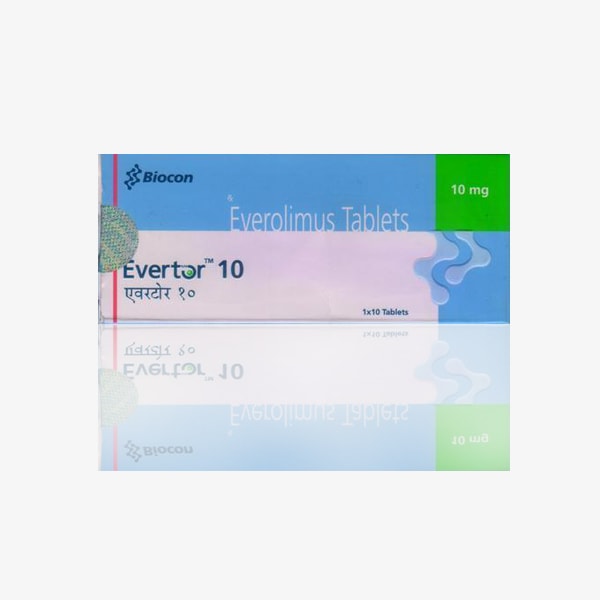


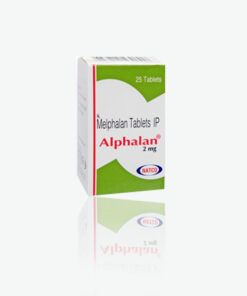
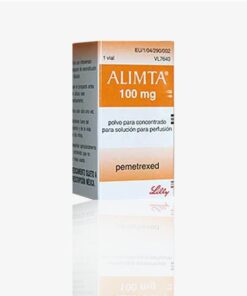
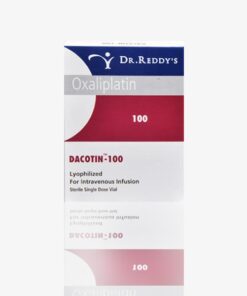
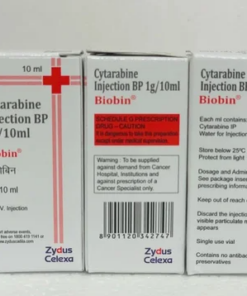
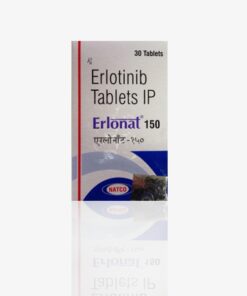
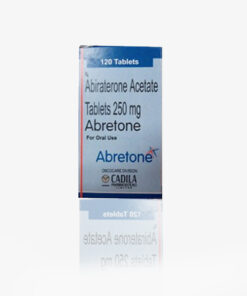
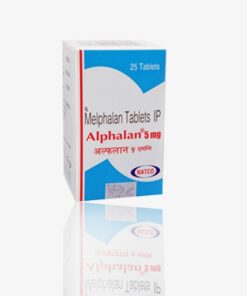

Reviews
There are no reviews yet.